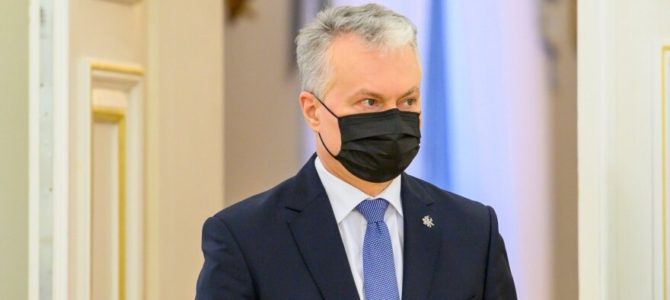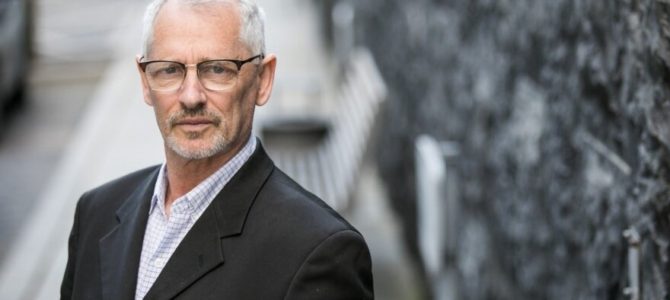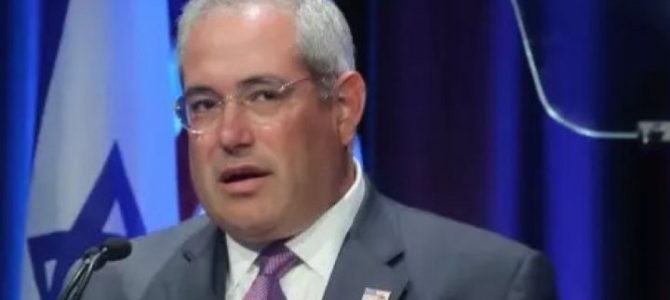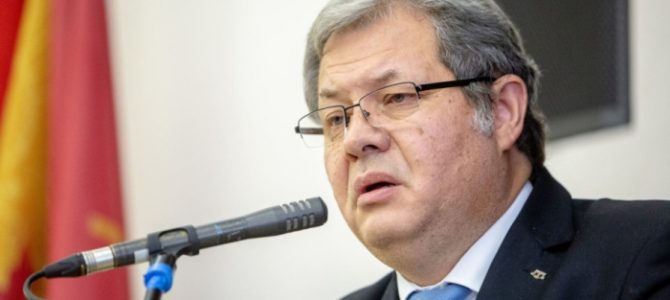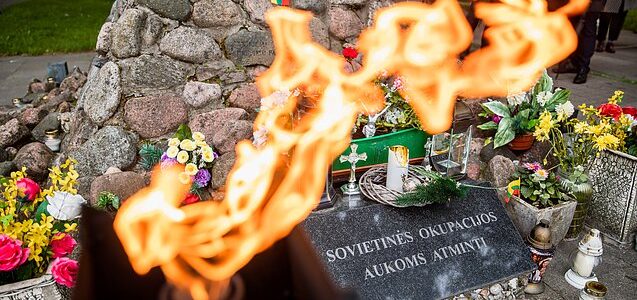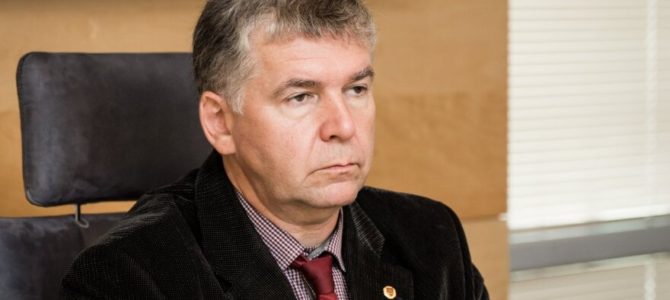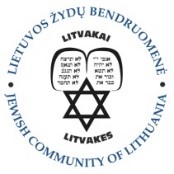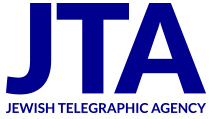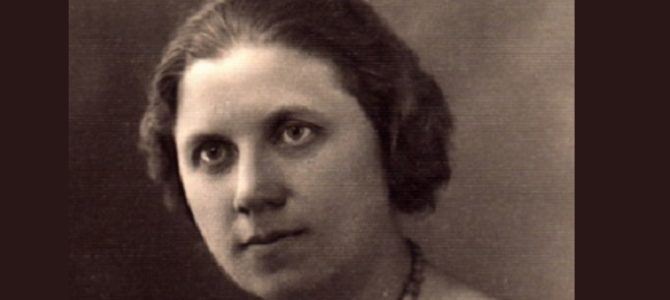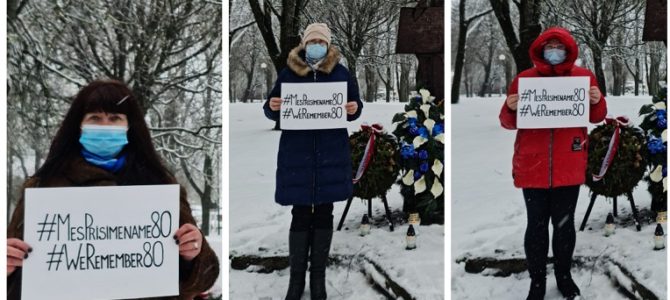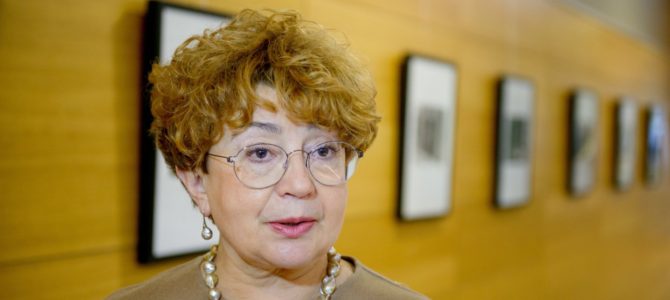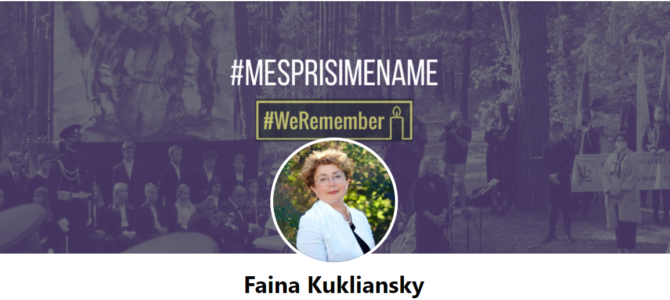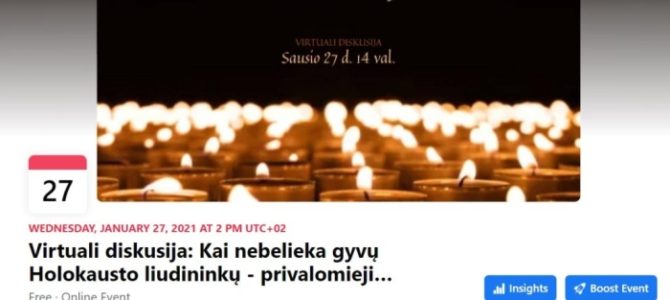Vidmantas Valiušaitis announced he is quitting the post of advisor to the general director of the Center for the Study of the Genocide and Resistance of Residents of Lithuania (Genocide Center). He served in the post for five-and-a-half months. Valiušaitis said a letter by Center staff was partially responsible for his leaving.
The webpage of Lithuanian Public Radio and Television reported last week on an appeal a group of Genocide Center researchers made to their general director Adas Jakubauskas and parliamentary leaders, complaining research had become ideologized and politicized following a change in leadership.
They also complained of a stressful and emotional work environment, and said experienced historians were leaving because of pressure from the leadership. Their appeal singled out Vidmantas Valiušaitis as an issue of concern, saying a special post had been created for him specifically with job requirements tailored especially for him, introducing a skills requirement which was unconnected with the activities carried out by the Genocide Center.
Full article in Lithuanian here.



